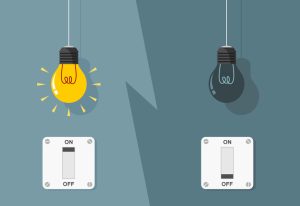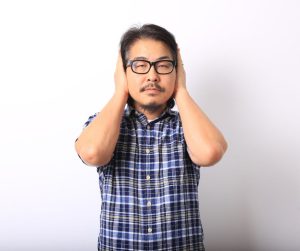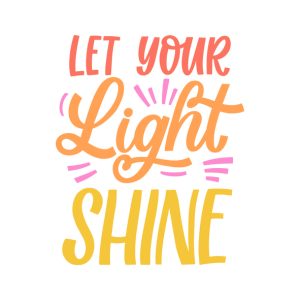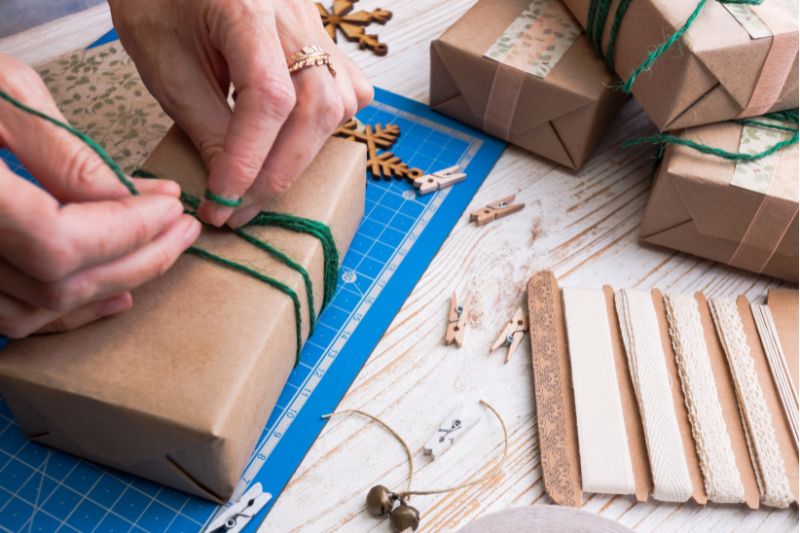 Here, in the Northern Hemisphere, warmer temperatures and sunny days mean one thing: summer has finally arrived. Summer is the season of play, rest and relaxation for people who wait all year for the flowers, the birds and fresh produce. For many adults with ADHD, summer can be a blessing and a curse. The break in familiar routines for maintaining mornings, bedtimes, exercise, cleaning, self-care or meals can be both freeing and destabilizing. Instead of knowing what to expect from day to day, vacations, kids out of school and family gatherings mean schedule changes and breaks in routines. Although you may crave a break from the daily work-life-family stress of your life, it can be tough to know how to actually shift gears and enjoy the change.
Here, in the Northern Hemisphere, warmer temperatures and sunny days mean one thing: summer has finally arrived. Summer is the season of play, rest and relaxation for people who wait all year for the flowers, the birds and fresh produce. For many adults with ADHD, summer can be a blessing and a curse. The break in familiar routines for maintaining mornings, bedtimes, exercise, cleaning, self-care or meals can be both freeing and destabilizing. Instead of knowing what to expect from day to day, vacations, kids out of school and family gatherings mean schedule changes and breaks in routines. Although you may crave a break from the daily work-life-family stress of your life, it can be tough to know how to actually shift gears and enjoy the change.
The Benefits of Rest
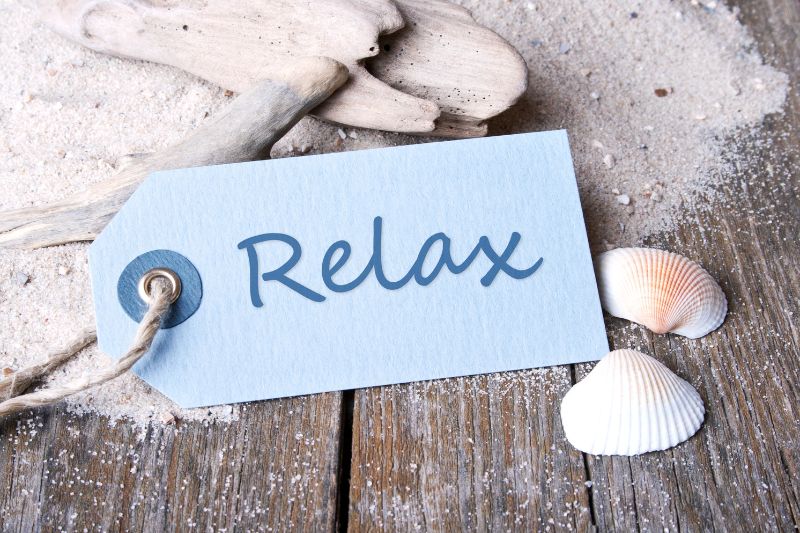 Ovid, one of the great poets of ancient Rome, wrote: “Take rest; a field that has rested gives bountiful crop.” What does it mean for adults with ADHD to rest? What does relaxation look like for you? There are countless benefits to getting proper rest. You allow your body and mind to heal and reset. You can think clearly and have an easier time making decisions. When you’re well-rested, your mood, immune response, and sleep quality improve, while anxiety, pain, and blood pressure decrease. Getting good rest is a fundamental part of self-care, and all too we make the mistake of not making it a priority in our daily lives.
Ovid, one of the great poets of ancient Rome, wrote: “Take rest; a field that has rested gives bountiful crop.” What does it mean for adults with ADHD to rest? What does relaxation look like for you? There are countless benefits to getting proper rest. You allow your body and mind to heal and reset. You can think clearly and have an easier time making decisions. When you’re well-rested, your mood, immune response, and sleep quality improve, while anxiety, pain, and blood pressure decrease. Getting good rest is a fundamental part of self-care, and all too we make the mistake of not making it a priority in our daily lives.
Stress Gets in the Way of Rest
Most of my clients discuss the stress in their lives during our sessions. Whether they are worried about something that they can control and have to do (productive worry) or they are worried about something that lies outside of their control (toxic worry), they are troubled by the tension related to a challenging situation or relationship. Sometimes people feel so tapped out by persistent stress that they wind up running on empty but unable to pause or reset. Stress occurs when there are too many pressures on your mind and body: it’s a matter of too much. When people are stressed, they look for a quick fix to get their lives under control. They experience physical symptoms and keep searching for a magic solution to make it all go away. This is different from burn-out. Burn-out reflects a deficiency: it’s a matter of not enough. You lack energy or resources because you are depleted. Your fuel tank is empty. When people are burned out, they experience more emotional symptoms such as hopelessness, a lack of motivation and exhaustion.
Lowering Stress This Summer
 The key to lowering stress lies in reducing your commitments and slowing down stimulation. For folks with ADHD, these options can be unappealing and boring. How can you relax when your to-do list is three pages long? Who wants to limit activities or work projects to do one thing at a time when your brain wants to multitask? But multitasking actually exhausts human brains, lowers efficiency and reduces productivity. It uses up precious glucose fuel and leaves us mentally exhausted, running on fumes and more anxious than ever. Since the ADHD brain craves novelty, it can be especially tough for you to do the things that will assist you in lowering stress and prioritizing self-care. Reducing overwhelm by pausing or giving yourself time before agreeing to do something, scheduling adequate down time to integrate and process information or experiences and doing more of what you enjoy can assist you in feeling less stressed. Summer is a time to decrease the ‘too-muchness’ of your life and shift your routines accordingly. Many people reset goals for themselves and their families during this time to decrease the sense of drowning–a key aspect of stress. These new routines may be temporary–for a weekend, for a week or for a month, and it can feel strange to try them. That’s okay. Think of these shifts as an experiment to bring you more ease and contentment. You can pick up your stressful activities at any time. This summer, plan how you can take Ovid’s advice and get some rest. Focus on one thing that you can do differently.
The key to lowering stress lies in reducing your commitments and slowing down stimulation. For folks with ADHD, these options can be unappealing and boring. How can you relax when your to-do list is three pages long? Who wants to limit activities or work projects to do one thing at a time when your brain wants to multitask? But multitasking actually exhausts human brains, lowers efficiency and reduces productivity. It uses up precious glucose fuel and leaves us mentally exhausted, running on fumes and more anxious than ever. Since the ADHD brain craves novelty, it can be especially tough for you to do the things that will assist you in lowering stress and prioritizing self-care. Reducing overwhelm by pausing or giving yourself time before agreeing to do something, scheduling adequate down time to integrate and process information or experiences and doing more of what you enjoy can assist you in feeling less stressed. Summer is a time to decrease the ‘too-muchness’ of your life and shift your routines accordingly. Many people reset goals for themselves and their families during this time to decrease the sense of drowning–a key aspect of stress. These new routines may be temporary–for a weekend, for a week or for a month, and it can feel strange to try them. That’s okay. Think of these shifts as an experiment to bring you more ease and contentment. You can pick up your stressful activities at any time. This summer, plan how you can take Ovid’s advice and get some rest. Focus on one thing that you can do differently.
5 Solutions for Stress Reduction
- Plan for transitions: It can take a day or two to peel away the layers of tension sitting on your shoulders or living in your gut. Instead of expecting yourself to go from 100 mph to 20 mph in one day, think of taking a few days to downshift. Delegate items on your list of responsibilities to others, or postpone as many deadlines as you can.
- Go outside often: Whether it’s a quick walk outside during your lunch break, a hike near your town or a simple picnic outdoors, enjoy nature. Keep it simple and regular. Taking small excursions will restore you as you appreciate the flora and fauna (yes squirrels count) around you.
- Do what you love: Spend time doing something you enjoy. One of the best things about summer is the opportunity to engage in fun activities. Even meandering around your neighborhood, a local farmers’ market or the park down the street from your house slows you down enough to notice your surroundings. Experience the flow of the moment and notice how good that feels.
- Try something new: Take a risk and experiment. Try a new activity, meet an acquaintance for coffee or explore some place different. See what happens when you go a bit outside of your comfort zone. Instead of worrying about what could go wrong, ask what could go right?
- Find an accountability buddy: Pick a person in your life who understands your stress and your challenges. Together, with compassion and humor, help each other pick ONE goal for self-care this summer. Then, when either person faces an obstacle, offer support. Remind each other that learning is part of living: you’ll stumble and you’ll thrive. When you share a purpose and brainstorm a plan with another person, you transform an intention into action.






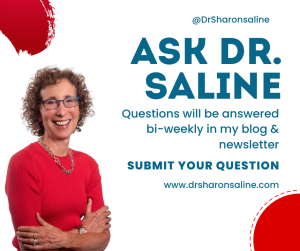
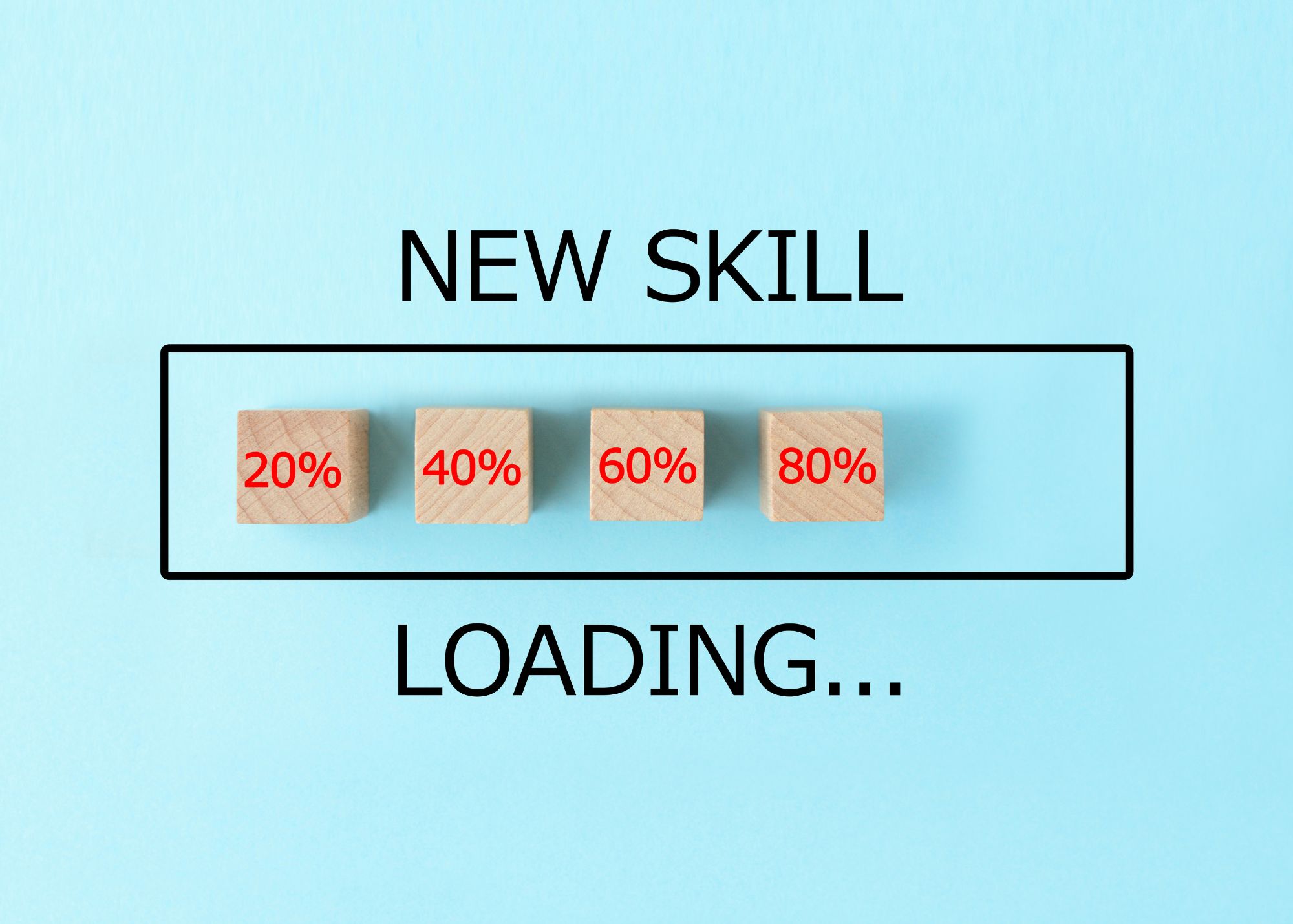
 Once you have considered these questions, ask yourself:
Once you have considered these questions, ask yourself: 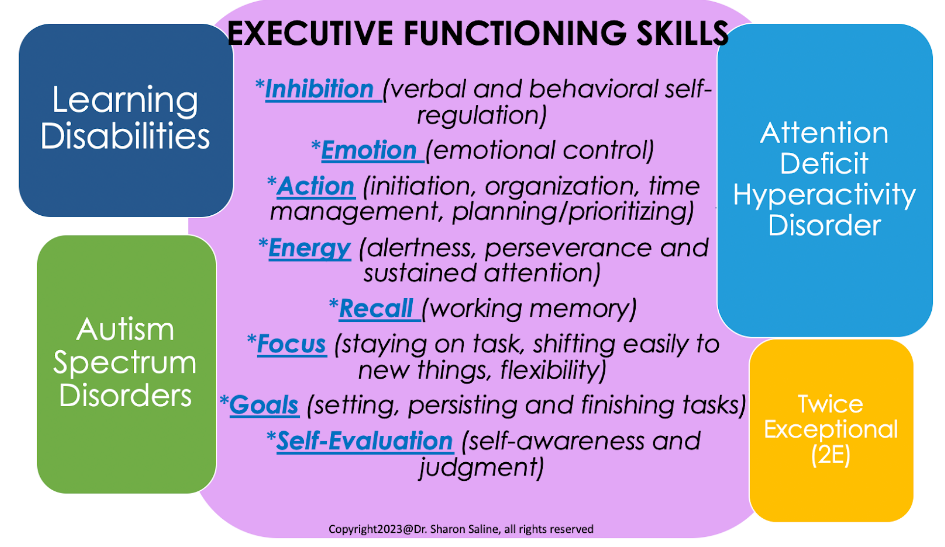
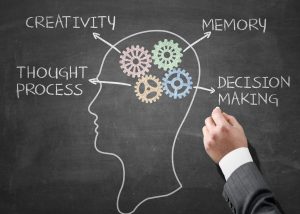 All human beings have executive functioning skills managed by the prefrontal cortex of our brains. Executive functioning skills describe the directive capacities of the brain.
All human beings have executive functioning skills managed by the prefrontal cortex of our brains. Executive functioning skills describe the directive capacities of the brain. 
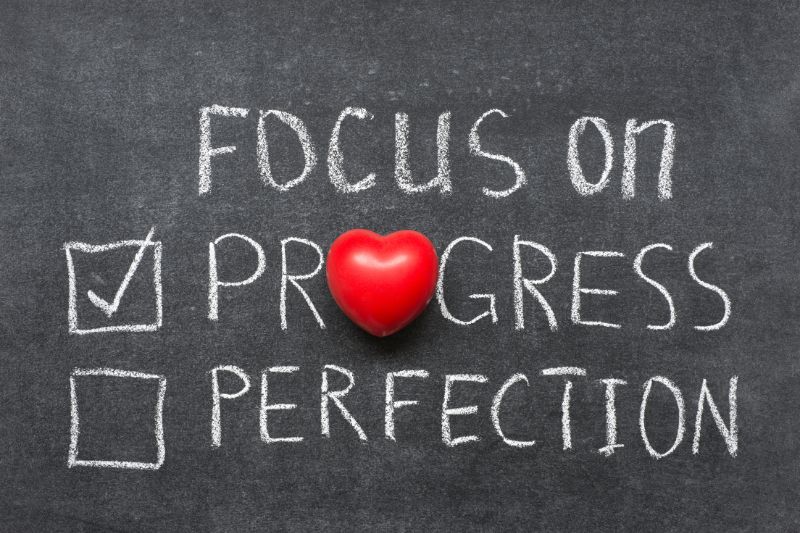


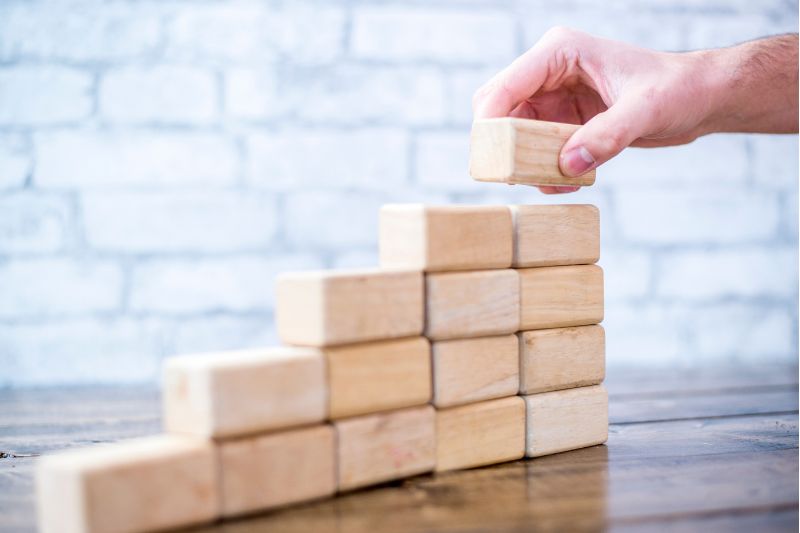


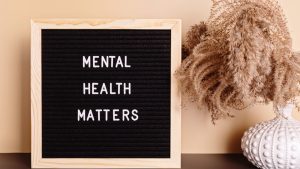




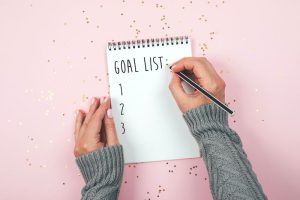
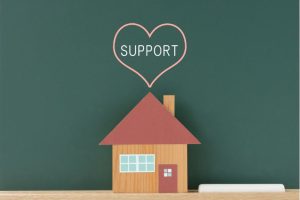
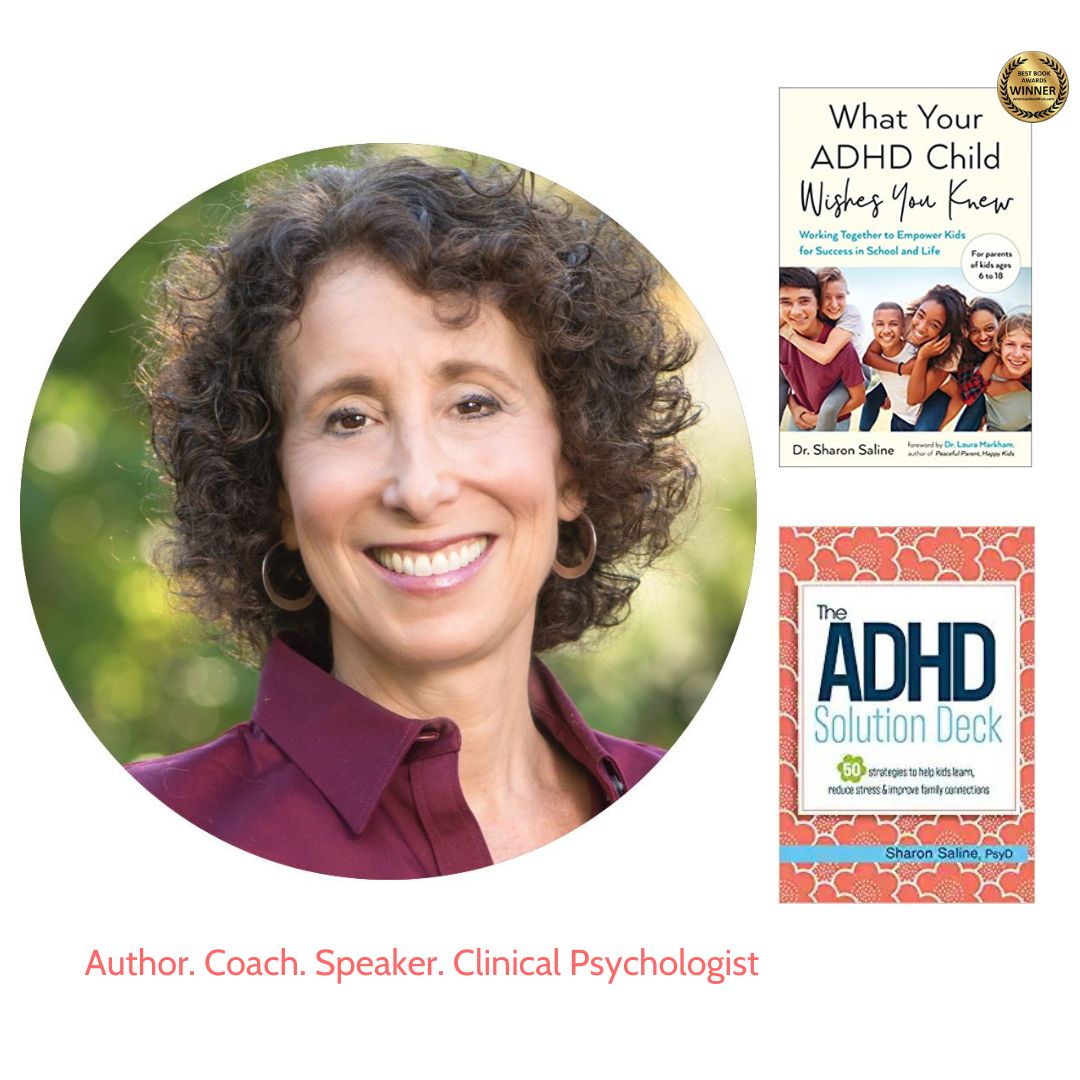


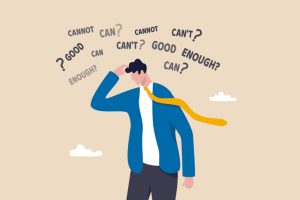 indeed are. You can’t assimilate the accolades your receive, no matter how much you deserve them.
indeed are. You can’t assimilate the accolades your receive, no matter how much you deserve them. 



